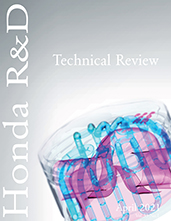Training / Education
EV Motor Design Analysis and Test Verification
This course, designed for EV motor engineers and graduate participants, systematically introduces EV motor design analysis and test verification. Combined with engineering practice, it discusses typical EV motor design cases and practical issues related to EV motor technology, aiming to broaden the horizon of EV motor design engineers and improve their problem-solving skills.

